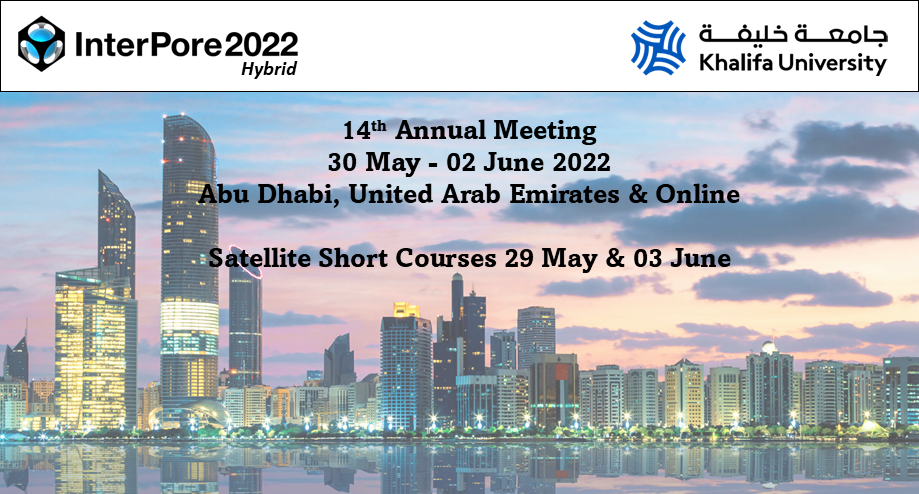Speaker
Description
Flow in geological porous media is central to a wide range of natural and industrial processes, including geologic CO2 sequestration, enhanced oil recovery, and water infiltration into soil. Petroleum engineers use reservoir simulation models to manage existing petroleum fields and to develop new oil and gas reservoirs, while environmental scientists use subsurface flow and transport models to investigate and compare for example various schemes to inject and store CO2 in subsurface geological formations, such as depleted reservoirs and deep saline aquifers. One basic requirement for accurate modeling and simulation of multiphase flow is to have the predicted physical quantities sit within a physically meaningful range. For example, the predicated saturation should sit between 0 and 1 while the predicated molar concentration should sit between 0 and the maximum value allowed by the equation of state. Unfortunately, popular simulation methods used in petroleum industries do not preserve physical bounds. A commonly used fix to this problem is to simply apply a cut-off operator. However, this cut-off practice does not only destroy the local mass conservation but it also damages the global mass conservation, which seriously ruins the numerical accuracy and physical interpretability of the simulation results. Another major issue with common algorithms for two-phase flow, especially common semi-implicit algorithms, is that they are (locally) conservative to just one phase only, not all phases.
In this talk we present our work on both fully implicit and semi-implicit algorithms for two-phase and multi-phase flow in porous media with capillary pressure. Our proposed algorithms are locally mass conservative for all phases. They are able to accurately reproduce the discontinuity of saturation due to different capillary pressure functions, and the computed total velocity is continuous in the normal direction. Moreover, the new schemes are unbiased with regard to the phases and the saturations of all phases are bounds-preserving (if the time step size is smaller than a certain value for the semi-implicit algorithms). We also present some interesting examples to demonstrate the efficiency and robustness of the new algorithms. The semi-implicit algorithms are based on our novel splitting of variables, and the fully implicit algorithms are based on the two nonlinear preconditioner of active-set reduced-space method and nonlinear elimination, as well as the linear preconditioner of overlapping additive Schwarz type domain decomposition. The semi-implicit part of this presentation is based on our joint work with Huangxin Chen (Xiamen University), Jisheng Kou (Shaoxing University), Xiaolin Fan (Guizhou Normal University), and Tao Zhang (KAUST), and the fully implicit part is based on our joint work with Haijian Yang (Hunan University), Chao Yang (Beijing University), and Yiteng Li (KAUST).
| Participation | Unsure |
|---|---|
| Country | Saudi Arabia |
| MDPI Energies Student Poster Award | No, do not submit my presenation for the student posters award. |
| Time Block Preference | Time Block A (09:00-12:00 CET) |
| Acceptance of the Terms & Conditions | Click here to agree |









